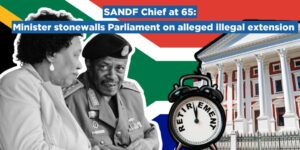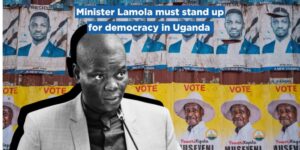The Democratic Alliance (DA) will write to the Minister of Tourism, Mmamoloko Kubayi-Ngubane, to request that she motivates that the home accommodation sector is permitted to open up within the parameters of social distancing and all required hygiene protocols.
We are of the view that the changes to level 3 regulations that President Cyril Ramaphosa announced this week, is shambolic, illogical, nonsensical and is not designed to meet the main objective – that of saving lives as well as livelihoods.
While the DA welcomes the opening up of some restaurants and hospitality sectors, the President failed to provide clarity about the conditions that must be met for these sectors to open. This uncertainly does nothing to create confidence for employers and employees within this sector that has already shed so many jobs.
Previously the government painted all hospitality and tourism sub-sectors with the same brush by treating them all the same. Government is again doing the same with home share accommodation. It has not taken into account the fact that home-sharing includes the use of properties without any human interaction. Home share accommodation such as those many kilometres away from one another, are being treated the same as home share accommodation that has people physically closer together.
Again, it will be the one-person owned accommodation entrepreneurs that will suffer due to this illogical regulation. Many of home accommodation businesses are successfully owned and managed by persons in townships who have found a tourism niche. The home accommodation tourism experience is growing exponentially which benefits the hosts who share their homes, cultures, customs and their lives with guests. The guests simultaneously seek authentic cultural experiences which allow them to intimately experience local communities. Airbnb has confirmed that 66% of tourists seek such experiences.
The Airbnb 2017-2018 economic impact report indicates that since the company’s founding in 2008, 2 million guests have participated in South Africa’s Airbnb listings with 3.5 million guests using this platform. These guests have created significant economic benefits for local communities, in particular for its 65% of hosts who are women.
Genesis Analytics reports that the estimated economic impact that Airbnb has had in South Africa from 1 June 2017 to 31 May 2018, is an estimated R8.7 billion. This economic impact corresponds to a total of over 22 000 jobs supported across the broader South African economy, particularly those that, for the first time, have been able to generate their own income through the home accommodation sector.
Click here to contribute to the DA’s legal action challenging irrational and dangerous elements of the hard lockdown in court




